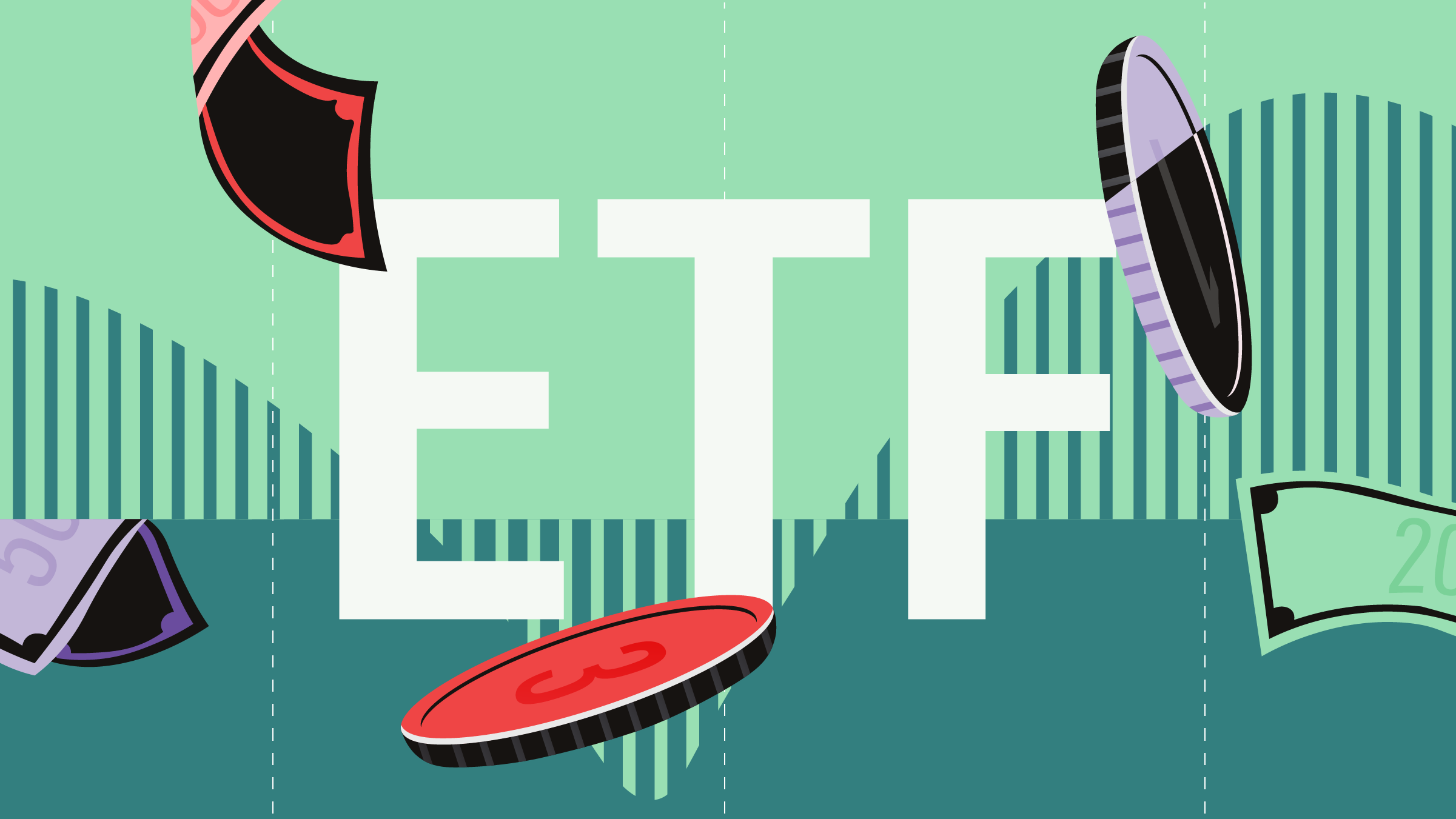Jeremy Glaser: For Morningstar, I'm Jeremy Glaser. As index funds continue to rise in popularity, there have been increasing questions about what this means for the market as a whole. I'm with Ben Johnson, he is our director of global ETF research, for some thoughts on the topic.
Ben, thanks for joining me.
Ben Johnson: Glad to be here, Jeremy.
Glaser: So, we're 40 years in from the launch of that first retail index product, no signs of a slowing down in terms of gathering assets. But there are some people now who are questioning what it means for the market as a whole.
Johnson: Yeah, there are some important questions being asked. And you're right, we're here at the 40th anniversary of the first retail index mutual fund, which was launched by Vanguard in the mid-1970s and was not all that well received by many of Vanguard's competitors. It was labeled as Bogle's folly. It was labeled as being un-American, help stamp out indexing, it's un-American. And oddly enough almost as if to commemorate this anniversary there was recently issued by a team at Sanford Bernstein a sell-side equity research note that questioned whether or not passive investing might actually be worse than Marxism. So, there are these big picture questions and some pretty racy headlines out there asking whether or not we've gone a bridge or two too far in terms of investors' adoption of passive strategies of all sorts.
Glaser: So what are some of these arguments against it?
Johnson: Well, many of the arguments tend to, in one way or another, claim that as index funds as a whole command a larger share of invested or managed fund assets, that it will in some way either make markets less efficient or throw a wrench into the machine that allocates capital to various projects, various firms, be they entrenched, be they startups, within the broader economy. So there are important questions I think out there with respect to market efficiency and price discovery and index funds and index funds' adoption effect on that mechanism, as well as sort of this social and economic good that is capital allocation in how we steer money toward projects that will ultimately create value, either monetary or otherwise, for humanity at large or grow our economy.
Glaser: But when you look at the evidence, do you think that that's a reasonable theory, or do you think that this is just kind of overblown hand-wringing?
Johnson: I think it's a bit overblown, frankly, and I think some of the claims are somewhat self-serving. If you look at active management at large, it's been on the retreat, it's been put on its heels. It's really witnessed a lot of pain, a lot of outflows since the worst of the financial crisis. And what that's doing in terms of this function and the growth of indexing, I would argue, if anything might be making markets more efficient by weeding out the weaker hands. So, everyone who opts out of active or allocating money to actively managed strategy says, you know what, I'm not a stock-picker, I'm not a bond-picker. I don't have the time, the resources nor the inclination to do so, so I will step away from this table. And arguably, the players who are left at the table are the most skilled, the most intelligent, the most competitive players, the most highly competitive field that's ever existed. So we would argue that if anything markets might becoming more efficient as a result. Capital allocation decisions and that function might ultimately improve as a result.
Glaser: Can indexing get too big? Is there a point where there's just no one left at the table?
Johnson: So that's a very important question. So, if you look at where we stand today, index funds and exchange-traded funds that are passively managed, so they are tied to an index, account for roughly a third of the overall U.S. funds industry. In some corners of the industry, that's even larger share still. So if you look at, within U.S. equities, for example, you'll see that some 40% of overall fund assets are invested in index mutual funds or exchange-traded funds.
Now there's still quite some way to go to get to what is a purely theoretical nonsensical 100%. Index funds will never command 100% of any market. Active management will never die. It will never go away. There will always be an ebb and flow. There will always be trends. Active management will always serve a very important function, a critical function. But the question then remains is there's somewhere between 33% and 100% where we see some of these hypothetical issues begin to crop up. My answer is, it's anybody's guess. We really don't know. People have claimed that there's evidence that we might already be seeing some issues. I would say it's really difficult to argue that this has been in any way detrimental to either price discovery or the basic capital allocation function that active managers and other capital allocators have served for decades.
Glaser: So, investors can buy index funds with the clear conscience?
Johnson: Investors can buy index funds with the clear conscience, and if anything, investors should be heartened by what's going on within the realm of index funds and ETFs, which is unabashedly capitalist. We have seen massive amounts of competition in this space which has driven what were low fees, lower still with time to the point where you can invest in the total U.S. stock market for next to nothing, and this is undoubtedly a good for investors large, small, and in between.
Glaser: Ben, as always, thanks for your thoughts.
Johnson: Glad to be here, Jeremy.
Glaser: For Morningstar, I'm Jeremy Glaser. Thanks for watching.

















